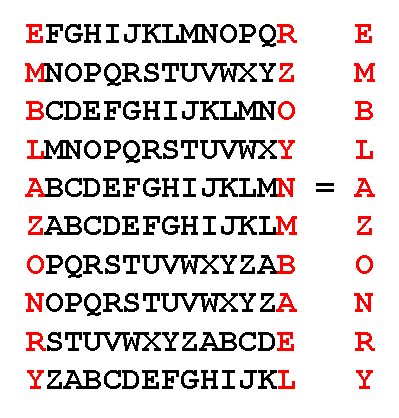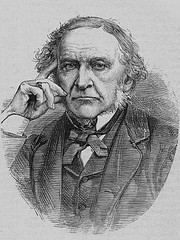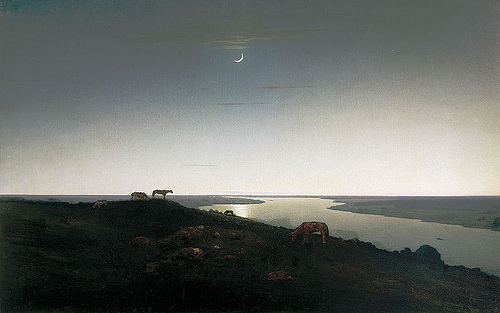Breaking both wings of an army is almost certain to make it fly; a general may win the day in a battle fought at night; a lawyer may convey a house, and yet be unable to lift a hundred pounds; a room may be full of married men, and not have a single man in it; a traveler who is detained an hour or two may recover most of the time by making a minute of it; a man killed in a duel has at least one second to live after he is dead; a fire goes out, and does not leave the room; a lady may wear a suit out the first day she gets it, and put it away at night in as good a condition as ever; a schoolmaster with no scholar may yet have a pupil in his eye; the bluntest man in business is generally the sharpest one; Ananias, it is said, told a lie, and yet he was borne out by the by-standers; caterpillars turn over a new leaf without much moral improvement; oxen can only eat corn with the mouth, yet you may give it to them in the ear; food bolted down is not the most likely to remain on the stomach; soft water is often caught when it rains hard; high words between men are frequently low words; steamboat officers are very pleasant company, and yet we are always glad to have them give us a wide berth; a nervous man is trembling, faint, weak, while a nervous style and a man of nerve is strong, firm, and vigorous.
— John Walker Vilant Macbeth, The Might and Mirth of Literature, 1876



